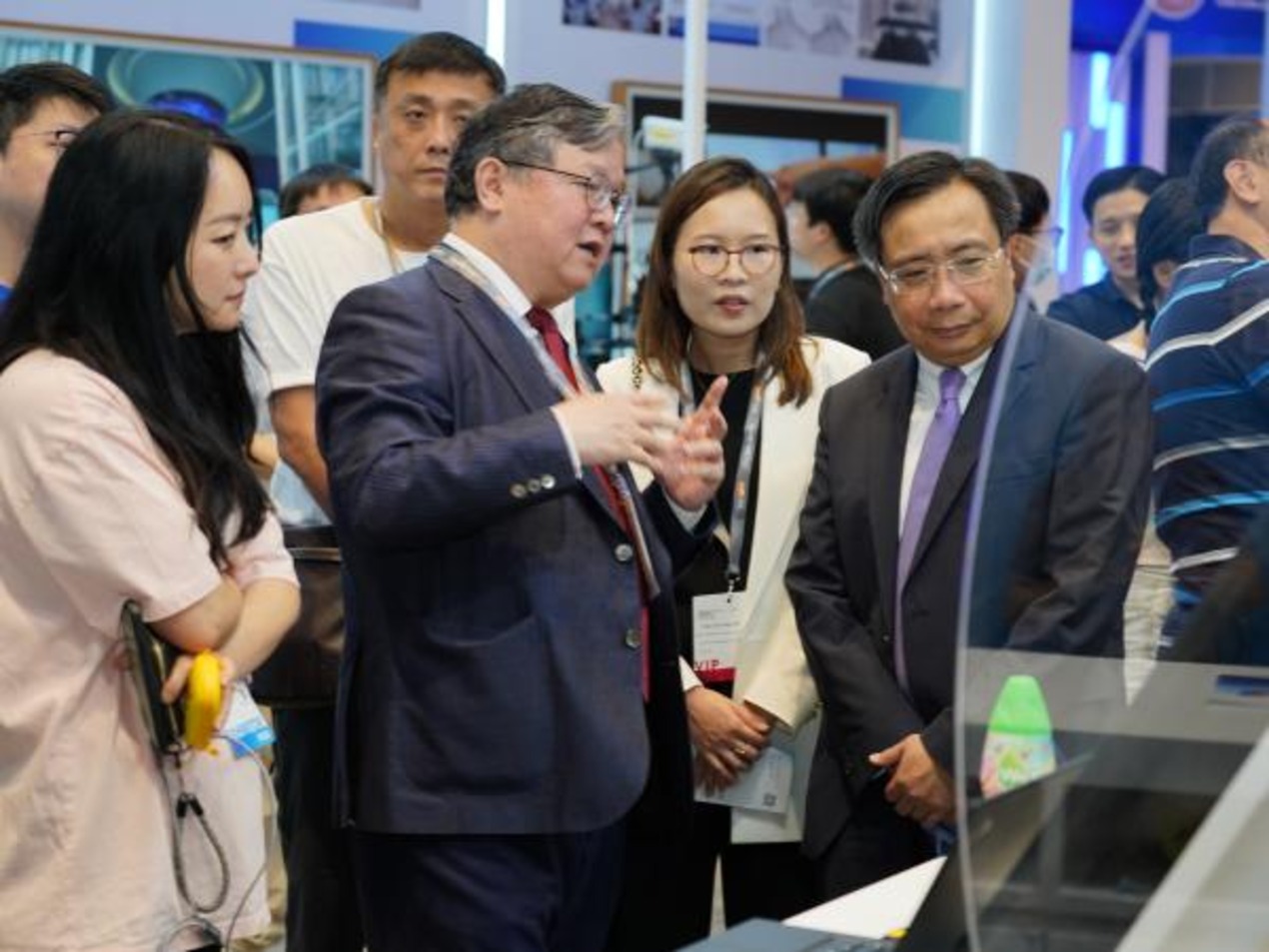
Around 93.38% of electricity customers have shifted to cashless payment methods to pay bills so far, compared to last year’s 91.72%, according to the state-owned organisation, Electricity of Vietnam (EVN). Non-cash payments have been highly regarded by users as a safer and more convenient way to pay power bills as it helps prevent the spread of COVID-19 by limiting physical contact. The EVN has been providing cashless payment services on its customer services mobile app, official websites, and the national public services portal. Additionally, the group has cooperated with banks and payment intermediary service providers to offer customers a wide range of options to make digital payments, for example, through banking accounts, e-wallets, and QR codes.
The company has also worked with its partners to give away promo codes and gifts in a bid to encourage more users to turn to non-cash payments. According to a news report, Vietnam’s cashless payment market will grow strongly in the next three to five years. In particular, mobile money and e-wallets will be key services to help expand the non-cash payments share in Vietnam. A recent report by the government showed out that cashless payments continue to become more popular, topping VND 36.28 quadrillion (US$1.6 billion) in the first nine months of 2021. During the period, 435.25 million transactions were made via the Internet, up 54.1% in volume and 30.7% in value. More than 1.19 billion others were conducted via mobile phone, surging 74.98 percent in volume and 93.69% in value.
Earlier this month, OpenGov Asia reported that the government approved a project on the development of cashless payments in Vietnam for the 2021-25 period. It intends to create positive changes in cashless payments in an economy of a high growth rate and make cashless payments accessible in rural, remote, and mountainous areas of the country. It aims to improve security, safety, and confidentiality in non-cash payment activities while improving the operational efficiency of the banking system and enhancing the management of state agencies to boost transparency. This will contribute to the fight again corruption, economic crimes, and aid the prevention of money laundering.
It targets that the value of non-cash payments will be 25 times higher than the GDP, the proportion of the payment method in e-commerce will account for 50% by 2025. Additionally, 80% of people aged 15 will have bank accounts, while the number of points accepting cashless payments will increase to over 450,000 by 2025. The average growth rate in terms of quantity and quality of cashless payment transactions is projected to reach 20-25% a year. Transactions that are made via mobile phones hit 50-80% per year, with transaction values expanding 80-100% annually; and via the Internet growing 35-40% a year. The rate of individuals and organisations using cashless payment methods via e-commerce channels is hoped to reach 40%.

















